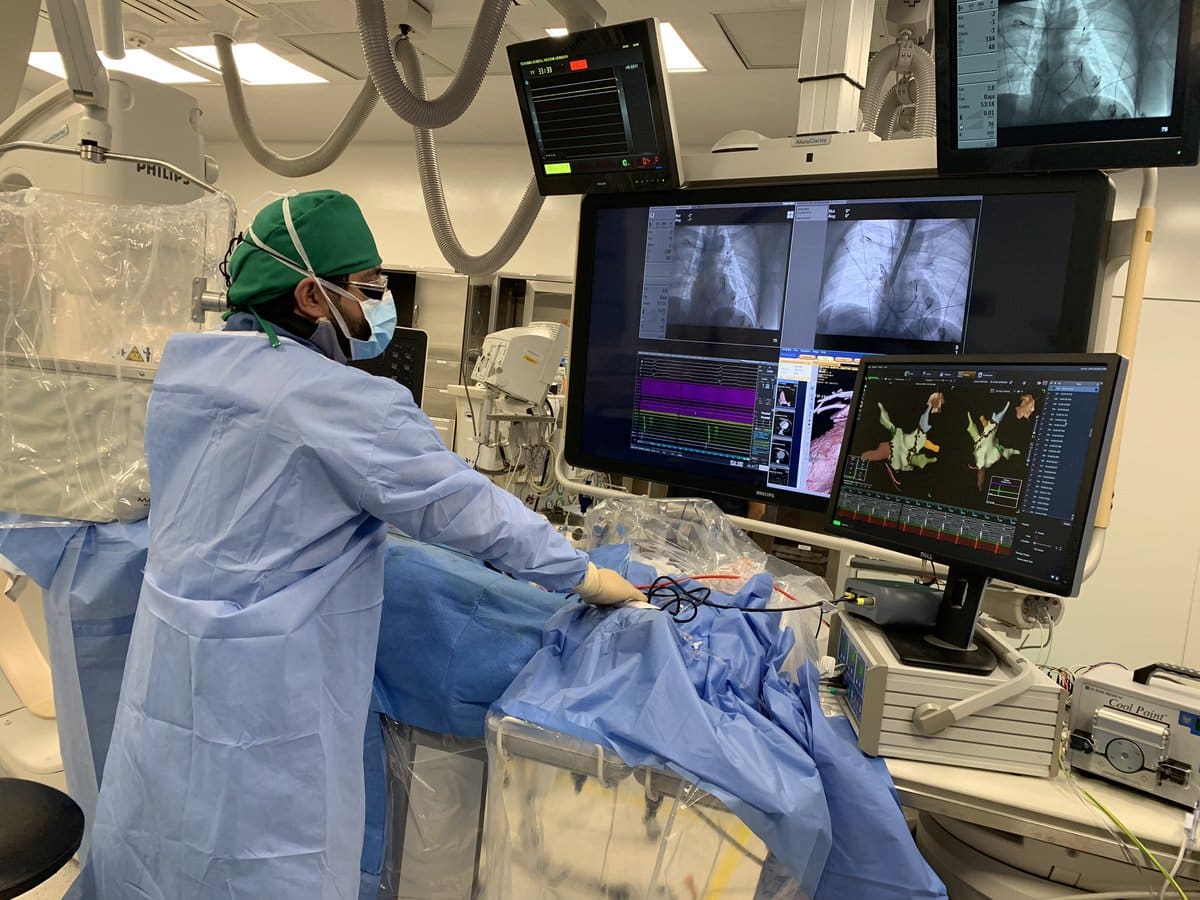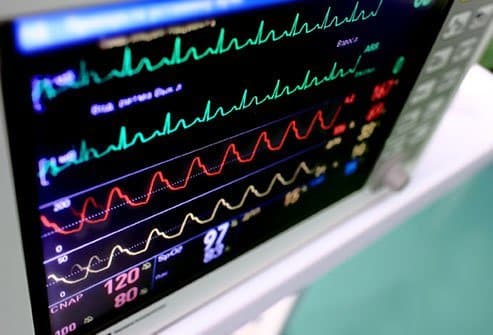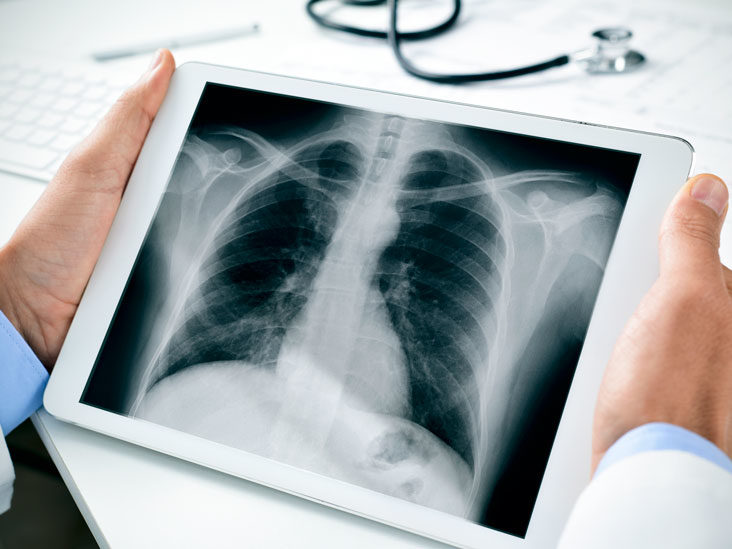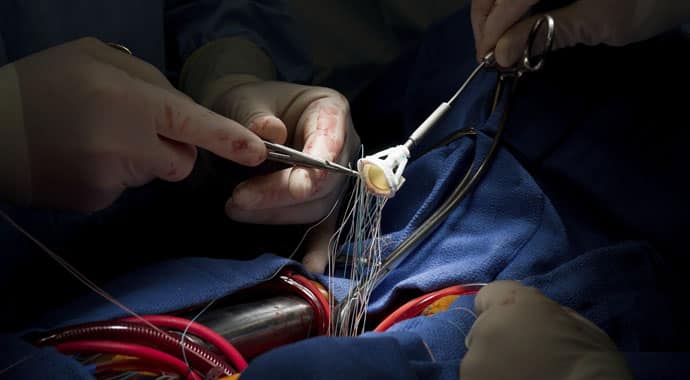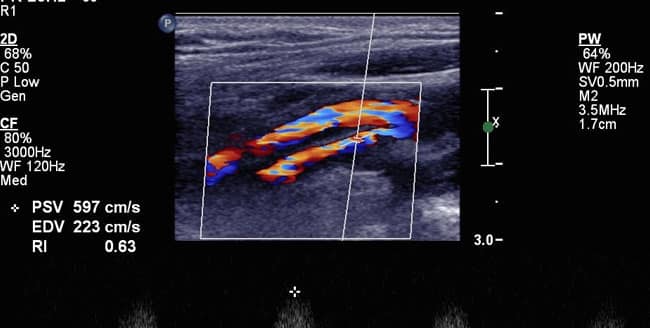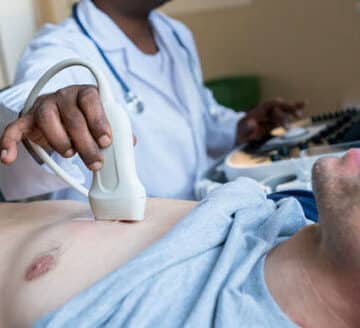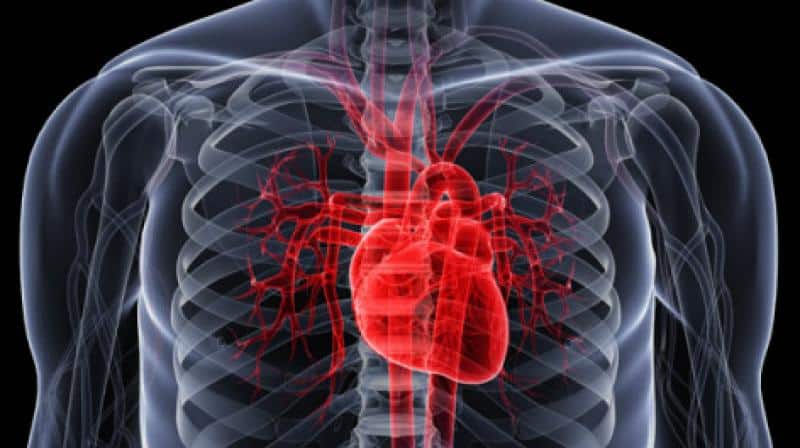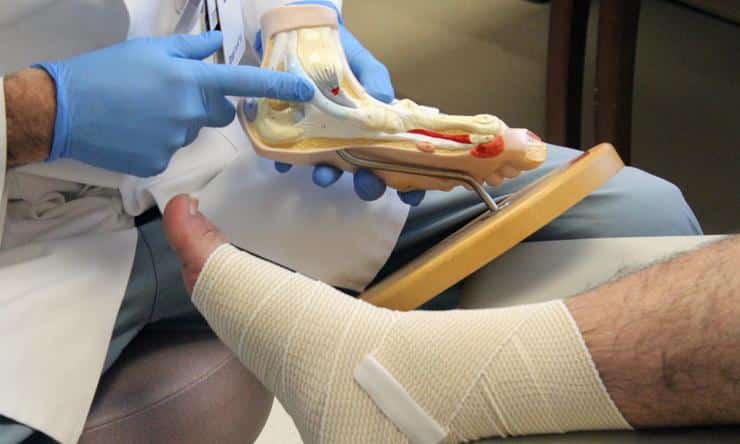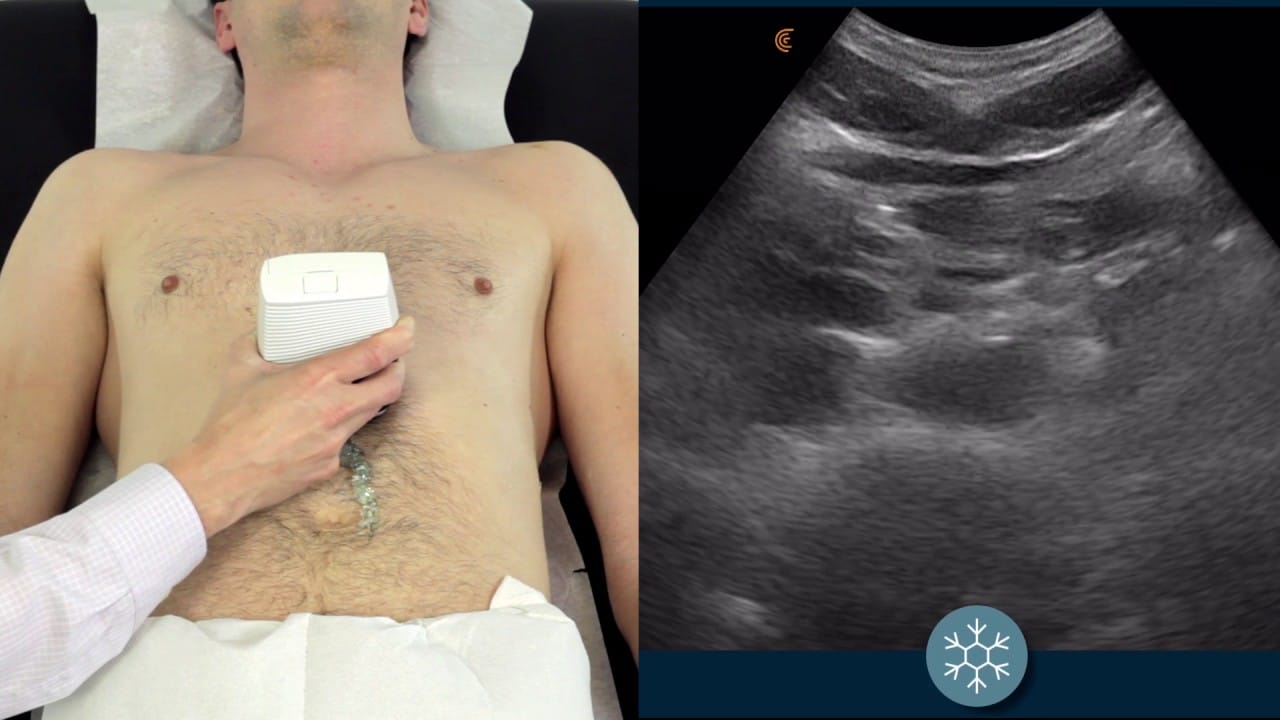Peak Heart & Vascular
Multispecialty Cardiovascular Group located in Laveen, Surprise, Avondale, Phoenix, and Flagstaff, AZ
Feeling your heart skip a beat or experiencing pain in your chest could indicate the presence of a conduction disorder or heart block. You may feel alarmed, but the caring team at Peak Heart & Vascular can put you at ease by identifying the cause of your symptoms and treating them if necessary. If you’re experiencing shortness of breath, fatigue, dizziness, or fainting, don’t wait to schedule an evaluation with an experienced provider. Call the Laveen, Surprise, Avondale, Flagstaff, or Phoenix, Arizona, office today, or book online.
Heart Block Q & A
What is a heart block?
Each time your heart beats, electrical signals cause your heart’s lower chambers, or ventricles, to contract. The sinus node, located in the atria, or upper heart chambers, generates the electrical signal. Through a process called “conduction,” the signal travels down to activate the muscles of the ventricles, so your heart beats.
Sometimes, the signal doesn’t easily travel to the ventricles during conduction. This conduction disorder, often called a heart block, can prevent your heart from pumping blood efficiently.
Heart blocks have three degrees of severity:
First-degree heart block
The least severe type of heart block, in which the signal slows down but fully contracts for each heartbeat. If you have a first-degree heart block, you might not require any treatment.
Second-degree heart block
Two sub-categories describe this condition, which causes missed heartbeats. In Mobitz type I, the signal gets slower and slower until your heart skips a beat. With Mobitz type II, conduction sometimes fails altogether, causing an irregular, slower heartbeat.
Third-degree heart block
The most severe type of heart block in which conduction doesn’t occur at all. If you have a third-degree heart block, you need a pacemaker to keep your heart beating.
What causes heart block?
Heart block has many causes. You might have a congenital heart block, present at birth. Coronary artery disease and other diseases can damage the nerves of the conduction pathway. As you age, these nerves start to break down. Some medications can also interfere with the conduction process.
What are the symptoms of heart block?
First-degree heart block rarely causes symptoms. Second and third-degree conduction disorders may cause the following symptoms:
- Faintness
- Dizziness
- Shortness of breath
- Chest pain
- Fatigue
- Nausea
Third-degree heart block can cause extreme tiredness, palpitations, or cardiac arrest. If you suspect you have a third-degree heart block, you should seek immediate medical attention.
What is the treatment for heart block?
Your experienced provider at Peak Heart & Vascular may recommend a pacemaker for second-degree heart block, and it’s usually critical for patients with third-degree conditions to have a pacemaker. Your provider installs this small, safe medical device during a minor surgical procedure.
If you’re experiencing heart block symptoms, don’t hesitate to schedule an evaluation with a trusted expert at Peak Heart & Vascular. Call the office today, or request an appointment online.

